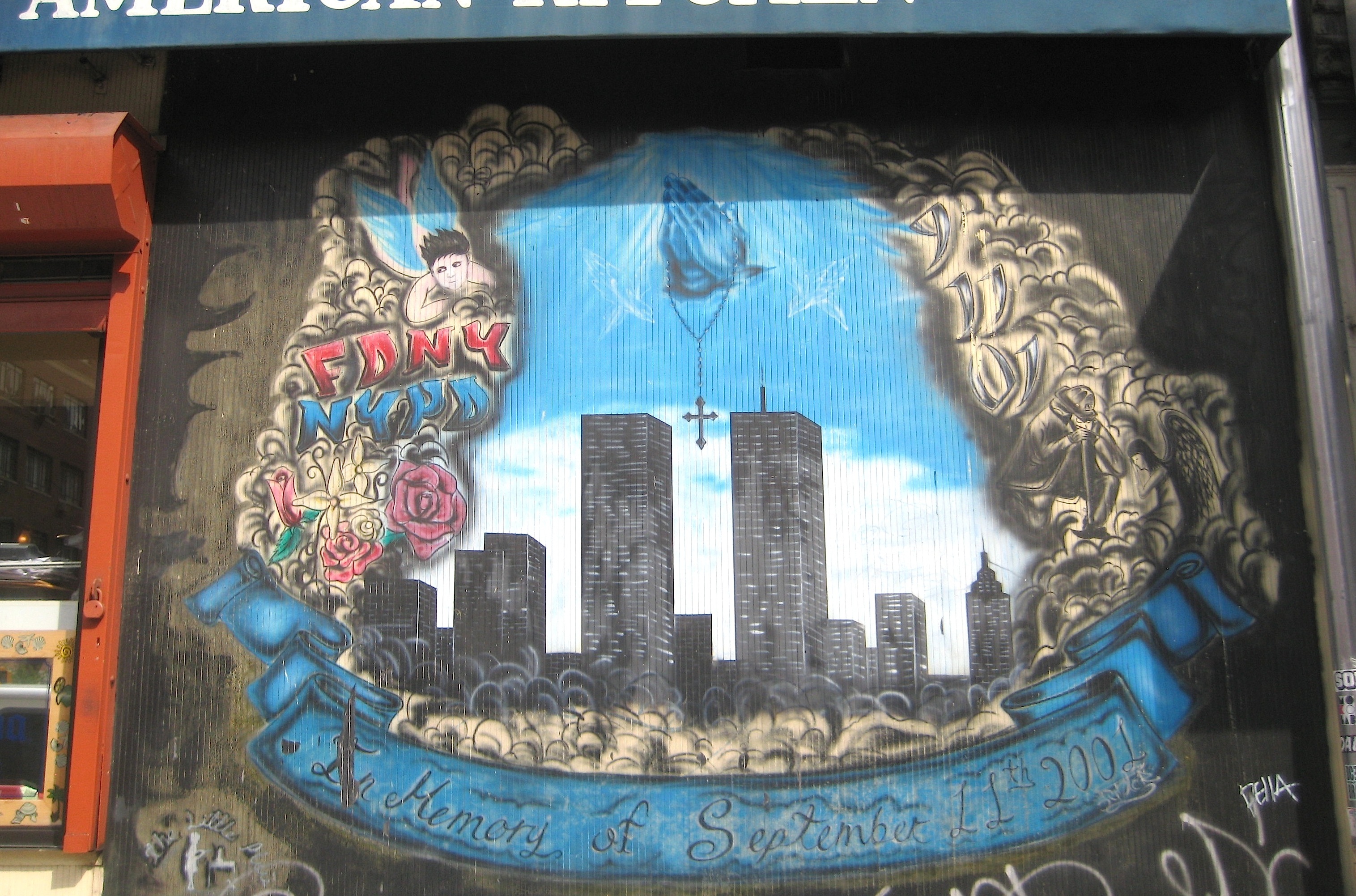Come together to pack Shoebox Gifts for Operation Christmas Child!


Most people remember Tuesday, September 11th, 2001 vividly. They can tell you where they were and what they were doing. The countless showings of the planes tearing their way through the glass and concrete of the World Trade Center buildings. The way that moment seemed to be stuck on repeat and it was as if time stood still. I was 14 years old and barely able to comprehend the magnitude of the day.
That moment was devastating for our country. Even more so for those whose loved ones were stripped away from them as a result of the attack. And for the faithful men and women who responded to the attacks.
A friend and mentor of mine, Bill, used to be a pastor in New York when this took place. He was serving a local Lutheran congregation but when the news of 9/11 reached him, Bill became a chaplain for weary firefighters, policemen, and grieving victims.
Bill mingled tears with a firefighter whose partner had been killed from a falling person. Bill encountered groups of first responders encouraging him to keep praying. And time and time again, Bill was hit with the question, “Where is God in all of this?”
That’s a hard question to answer, let alone in the wake of an enormously tragic happening. Where is God when we suffer? Why would God even allow something like that to happen? Because the painful reality is it did happen.
Recently in my 8th grade religion class we’ve been studying the birth of Jesus from Matthew’s Gospel. We read again of the baby Jesus born in Bethlehem, the visit from the Magi of the East, all the usual details. But I challenged them with this part of the nativity story:
When Herod realized that he had been outwitted by the Magi, he was furious, and he gave orders to kill all the boys in Bethlehem and its vicinity who were two years old and under, in accordance with the time he had learned from the Magi. Then what was said through the prophet Jeremiah was fulfilled:
“A voice is heard in Ramah,
weeping and great mourning,
Rachel weeping for her children
and refusing to be comforted,
because they are no more.”
-Matthew 2:16-18
Not exactly the part of the Christmas story that makes the program, is it? The slaughtering of innocence. And yet here it is. The inspired Word of God. The backdrop to the birth of the Christ.
I think God is teaching us something here. It’s not really an answer to the why of suffering, but another painful reminder that in this world tragedy happens. It does, however, show us the response to suffering.
And the response is always Jesus. The Christ is born, and that means hope for every man, woman, and child. Hope for a baby boy taken from his mother. Hope for a city and people covered in ash, rubble, and despair fourteen years ago.
That verse of Rachel weeping for her children is a reference to Jeremiah 31:15. I love the two verses that follow:
This is what the Lord says:
“Restrain your voice from weeping
and your eyes from tears,
for your work will be rewarded,”
declares the Lord.
“They will return from the land of the enemy.
So there is hope for your descendants,”
declares the Lord.
“Your children will return to their own land.
Amidst tragedy, there is always hope. There might not be a satisfying explanation for why God allows tragedy, but there is always hope. We are a people who grieve and mourn, but never without hope.
And that hope is Christ. The only person born for the very purpose of dying – so that we could live.
Enjoying the Journey,
Pastor Doug
What are you quick to do? What are you slow to do? The Bible tells us exactly what we can be quick and slow to do by the power of the Spirit inside of us. Read about it in James 1:19-21
When we grumble, we reject joy. Grumbling puts us and our own expectations above the purposes of God. Instead, Paul gives us this challenge, “do everything without grumbling or arguing.” How? Read to find out.
Scripture is clear that it is by Jesus’ grace alone that we are redeemed and saved. Our works don’t earn us salvation. So, what exactly is Paul talking about in this passage from Philippians 2? Read more to find out.
0 Comments